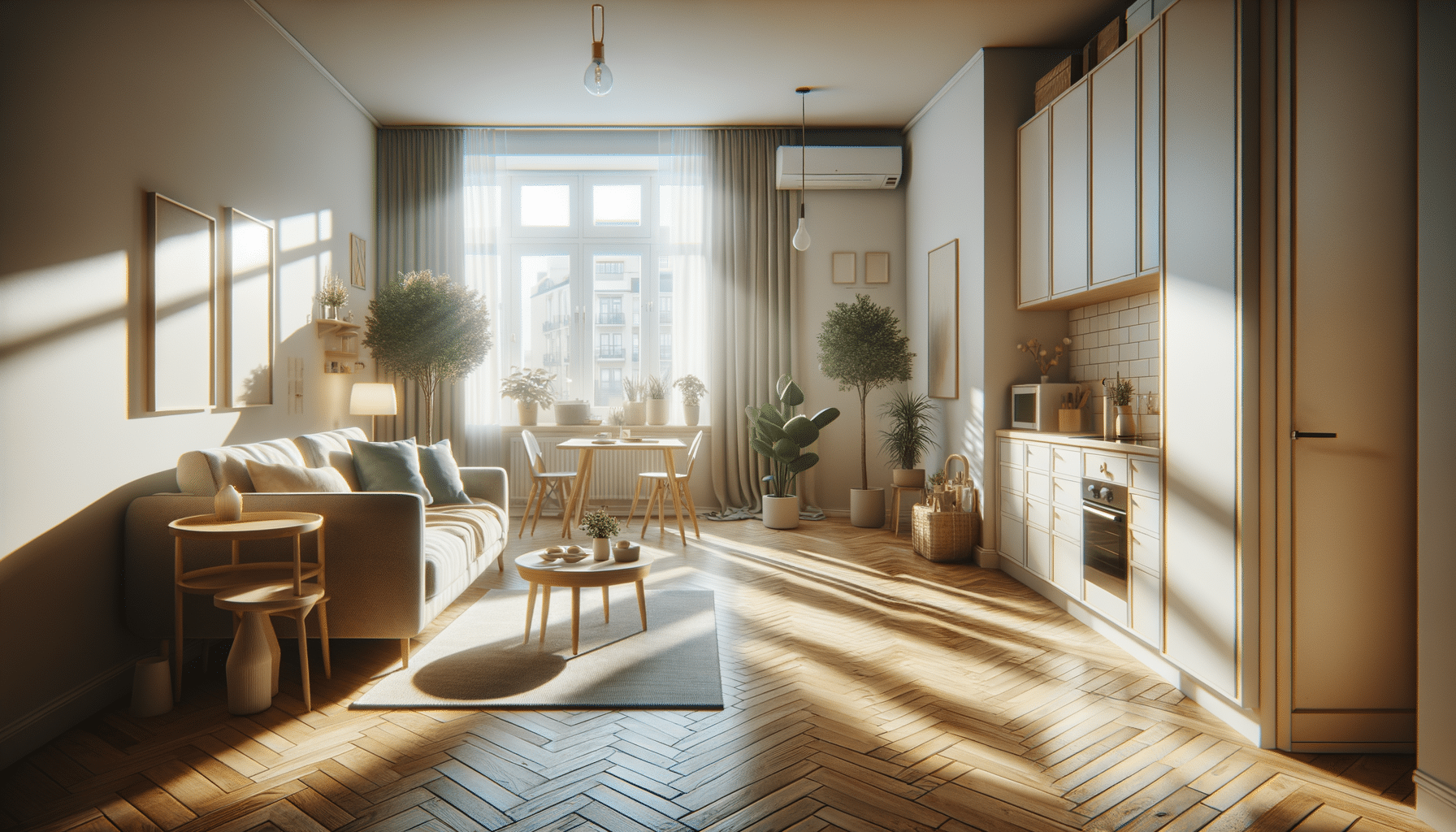
Explore rental apartment options: Choose the affordable apartment that’s right for you!
Understanding Your Rental Needs
Choosing a rental apartment is a significant decision that requires careful consideration. Whether you are a student looking for a temporary place near campus or someone facing life’s challenges, understanding your specific needs is crucial. Consider factors such as location, budget, and amenities. For students, proximity to educational institutions can save time and transportation costs, which is essential when balancing studies and social life.
It’s important to assess the size and type of apartment that suits your lifestyle. For instance, a studio apartment might be enough if you live alone, while a two-bedroom might be necessary if you plan to share with a roommate. Additionally, consider the amenities offered by the apartment complex, such as laundry facilities, parking, and security features, which can enhance your living experience.
To effectively determine your needs, make a list of must-have features and those you can compromise on. This list will guide you in making informed decisions and negotiating with landlords or property managers. Remember, understanding your rental needs is the first step towards finding an affordable and suitable apartment.
Researching the Rental Market
The rental market can be quite diverse and understanding the current trends is vital for making a wise choice. Start by researching the average rental prices in your desired area to ensure that you are getting a fair deal. Websites and apps dedicated to real estate can provide valuable insights and comparisons, allowing you to see a range of options within your budget.
Consider the time of year you are searching for an apartment, as rental prices can fluctuate seasonally. For example, prices may be higher during peak moving seasons, such as summer when students are looking for housing. By timing your search strategically, you may find more affordable options.
Additionally, explore different neighborhoods to find areas that offer a balance of affordability and convenience. Sometimes, living a bit further from the city center can significantly reduce rental costs while still providing easy access to necessary amenities and transportation. Researching the rental market thoroughly will equip you with the knowledge needed to make an informed decision.
Budgeting for Your Rental Apartment
Creating a realistic budget is a fundamental step in the apartment rental process. Begin by calculating your total monthly income and determining how much you can comfortably allocate towards rent. A common guideline is to spend no more than 30% of your income on housing, but this can vary based on individual circumstances.
Don’t forget to account for additional expenses such as utilities, internet, and any other monthly fees associated with the apartment. Some rentals might include utilities in the rent, while others require you to pay separately. Knowing these details will help you avoid unexpected costs and manage your finances better.
Consider setting aside a portion of your budget for emergencies or unexpected expenses. This financial cushion can provide peace of mind and prevent stress should unforeseen circumstances arise. Budgeting carefully ensures that you choose an apartment that fits within your financial means, allowing you to enjoy your new space without financial strain.
Evaluating Apartment Features and Amenities
When searching for a rental apartment, it’s essential to evaluate the features and amenities offered. These can significantly impact your quality of life and satisfaction with your living situation. Common amenities to consider include in-unit laundry, fitness centers, swimming pools, and communal spaces.
Consider the importance of each feature to your daily routine. For instance, having an in-unit laundry can save time and inconvenience, while a fitness center on-site might encourage a healthier lifestyle. Additionally, consider security features such as gated access or security cameras, which can provide peace of mind.
Make a list of amenities that are non-negotiable and those you can do without. This will help you narrow down your choices and find an apartment that meets your needs. Remember, while amenities can enhance your living experience, they often come at an additional cost, so weigh their importance against your budget.
Negotiating Your Lease Agreement
Once you’ve found a suitable apartment, the next step is negotiating the lease agreement. This process involves discussing terms with the landlord or property manager to ensure that both parties are satisfied. Key areas to focus on include the rental price, lease duration, and any additional fees.
Don’t hesitate to ask for adjustments to the lease terms. For example, if the rent is slightly above your budget, you might negotiate for a lower rate or ask for certain utilities to be included. Additionally, inquire about the possibility of a flexible lease term if you anticipate changes in your living situation.
Before signing, thoroughly review the lease agreement to understand all terms and conditions. Look for clauses regarding maintenance responsibilities, pet policies, and rules about making changes to the apartment. Being informed and proactive in lease negotiations ensures that you enter into a fair agreement that aligns with your needs.


